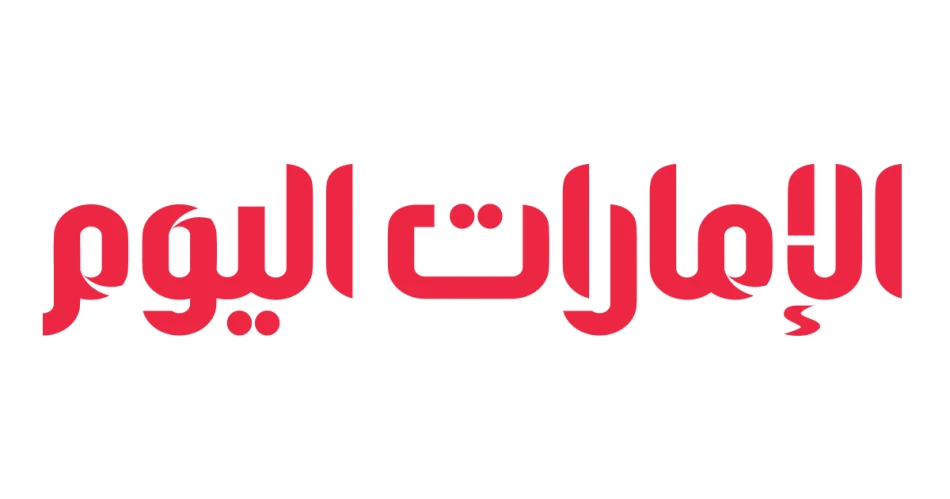
UAE President Establishes Federal Authority for Emergency & Civil Defense, Appoints Ahmed Al Saigh as Chair
The UAE has created a new federal authority to handle ambulance services and civil defense operations across the country. Sheikh Mohamed bin Zayed Al Nahyan issued a decree establishing the Federal Authority for Ambulance and Civil Defense, appointing Health Minister Ahmed bin Ali Al Sayegh as its head. The move consolidates emergency response services under one umbrella and signals the UAE's push to standardize crisis management nationwide.
The new authority gets full legal status with financial and administrative independence. It reports directly to the Cabinet and replaces the existing Civil Defense apparatus. It also takes over ambulance operations previously managed by the National Guard Command through the National Ambulance Company.
Here's what the authority will handle: developing policies and strategies for ambulance and civil defense matters, studying potential disasters and preparing response plans, and creating prevention programs for various risks. The organization will work closely with the National Emergency Crisis and Disasters Management Authority and other relevant agencies.
The authority's responsibilities cover a wide range of emergency scenarios. It will establish public warning systems for potential threats, prepare evacuation plans for residents, and oversee shelter arrangements during crises. The organization will also coordinate with security agencies and critical infrastructure operators like oil companies and airports to create joint response plans.
Training and preparedness form another key part of the mandate. The authority will run training programs for specialists and volunteers, conduct mock drills and joint exercises, and monitor radiological, chemical, and biological contamination risks during peacetime and conflict.
For day-to-day operations, the authority will provide ambulance services and rapid emergency response. This includes delivering urgent medical assistance before patients reach healthcare facilities and transporting injured people from incident sites to the nearest hospitals.
The decree makes clear that local authorities keep their existing powers in ambulance and civil defense matters. This suggests the federal authority will coordinate and set standards rather than completely centralize all emergency services.
This restructuring comes as the UAE continues building its disaster preparedness capabilities. The country has faced various challenges in recent years, from extreme weather events to the pandemic, highlighting the need for coordinated emergency response systems. By bringing ambulance and civil defense services under federal oversight, the UAE aims to ensure consistent standards and better coordination across all seven emirates.
Most Viewed News

 Sara Khaled
Sara Khaled






